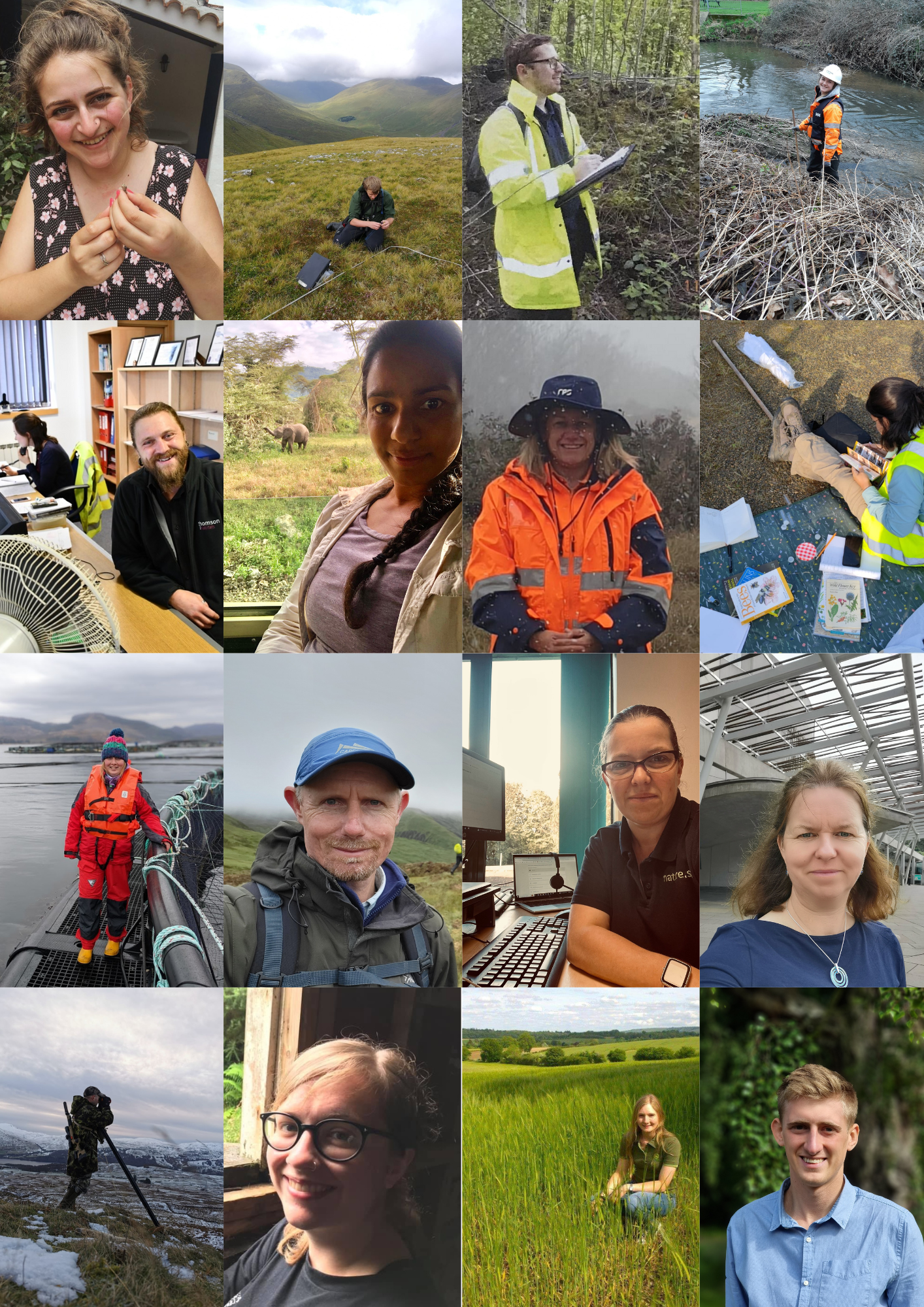CIEEM and Lantra Publish Report on Vocational Pathways Into Nature-based Green Jobs
With ambitious government targets to address climate change and restore nature, there is an increased need for people with ecology skills. We need an ‘army’ of well-trained and supported professionals to create new woodlands, restore peatbogs, reduce flooding with nature-based approaches, and green our towns and cities.
However, recent research commissioned by CIEEM and Lantra indicates there is a skills and capacity crisis in the ecology sector, with employers struggling to recruit for the many vacancies they have. Recruitment today relies on graduates and postgraduates in ecology and related subjects.
The report explores one way to address the skills gap, which is to improve pathways into ecology jobs for young people with vocational qualifications and for mid-career changers.
The research involved workshops with a wide range of employers and new entrants into ecology to understand the barriers facing these new entrants in the profession. Key findings include:
- There is a capacity crisis and skills gap in the ecology sector.
- There is a heavy reliance on unpaid voluntary work in order to gain the essential skills and experience needed for new entrants to start their first ecology job.
- Jobs in ecology are unappealing compared to other sectors due to low pay, temporary contracts, irregular working hours, requirements for car ownership, unclear career progression and insufficient professional development.
- There is confusion about vocational qualifications with a key barrier being most roles requiring a degree by default.
- The capacity crisis is unquantified and there is no robust attempt to quantify future demand for ecology skills as we scale-up climate change adaptation.
- The sector is looking for leadership from Governments and large public sector employers, but there is no funding or concrete plan.
CIEEM’s CEO, Sally Hayns said:
This skills and capacity crisis puts our ability to tackle the climate and biodiversity emergencies at risk. There is an urgent need to ‘open up’ ecology, both as a career for young people and to mid-career changers. This research shows that employers value the knowledge, skills and experience gained from vocational training. They can see how they complement traditional university courses both in terms of the expertise developed and by providing alternative pathways to increase equity of access to our sector. The research also shows that training providers can do more to ensure they are meeting the needs of employers and students, and highlights the role of CIEEM and governments in sharing labour market intelligence and creating an environment that supports innovation in curriculum development.
